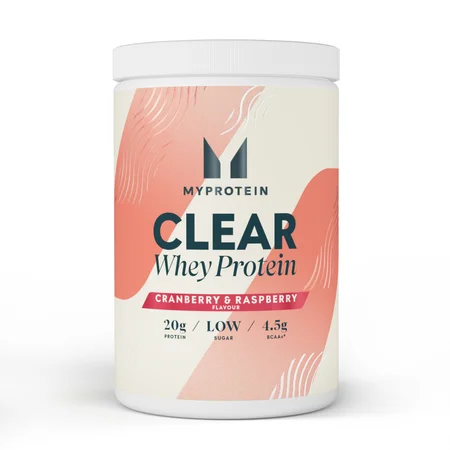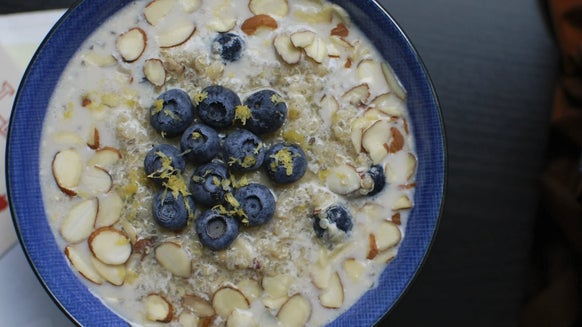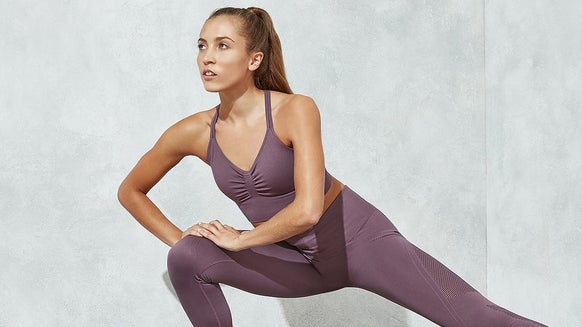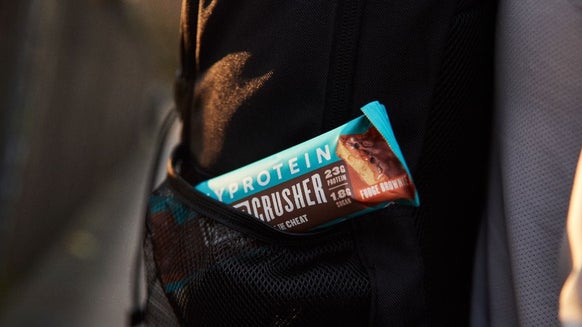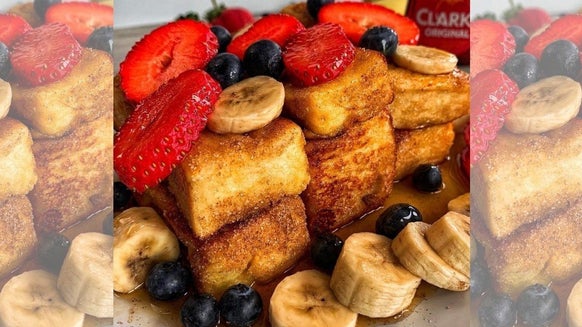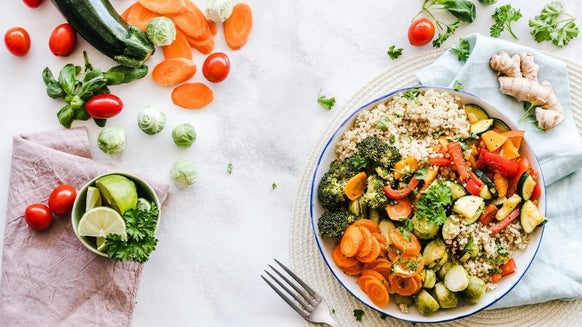Should You Cut Calories If You’ve Stopped Training? | Your Questions Answered

If you’re lacking motivation to train right now, then who can really blame you. This time has been tough on a lot of us, so exercise isn’t always at the top of our priorities — especially if you’re mourning over your gym closure.
So, if you have stopped your training, what some of you might be wondering about is whether you should cut down on calories too. Here’s the answer from our expert:

The fundamentals of energy
We’re sure that you’re no stranger to the common equation of:
So, it’s a no brainer that we immediately think of calorie restriction when we’re unable to train during lockdown. Especially if putting on unwanted weight is a result of excess calorie intake.
Unfortunately, it’s never as simple as we wish it to be and there are several factors that impact the equation of our weight, whether it be to reduce our overall weight, rapidly increase muscle mass, or achieve an overall state of toning the body. Factors such as sleep, our hormones, stress levels, and hydration all play a part in determining our weight.
A calorie is not just a calorie
Picture 100 calories of spinach and 100 calories of candyfloss. Both provide the same amount of energy but contain very different nutrient levels. Calories are a very useful way to measure the amount of energy we are putting into our bodies for fuel and recovery, but the food that we get these calories from is just as important.
Our bodies are extremely clever and fight to protect us from starvation. As soon as we reduce our calorie consumption, our drive to eat increases.1
Ghrelin, the hunger hormone, increases while leptin, the hormone that suppresses our appetite, decreases. This means that cutting calories from your diet may make you hungrier, even if you’re doing less exercise.
With this in mind, it’s essential that we fuel our bodies with the right food to keep us feeling full in between meals. Focusing on high protein foods and wholegrains, or ingredients rich in fibre will keep satiety levels high and the need to eat before we’re actually hungry at an arm’s length.
Do I need to reduce my calorie intake?
If you’re no longer burning as much energy as you would if you were training as normal, then the simple answer is yes — you will need to reduce your overall calorie intake if your aim is to stay at relatively the same weight.
However, bear in mind that reducing your strength training may cause a reduction in muscle mass before you even consider changing your diet, so your weight may fluctuate naturally.
There’s no need to dramatically reduce your calorie intake to anything less than what your body requires to maintain weight.
When training, you might also opt for a pre- or post-workout snack. If you’re not training, you don’t need the additional energy to fuel you through each training session. By simply removing these workout snacks from your diet, your energy intake will drop instantly.
Take Home Message
If there’s one thing that you take away, know that it’s important to not skip meals or dramatically cut your calories all at once. This may seem to be a quick solution to reducing your calorie intake, but it’ll only make you hungrier when you sit down to eat which may result in eating bigger portions, choosing inadequately nutritious foods, and eating faster than normal.



